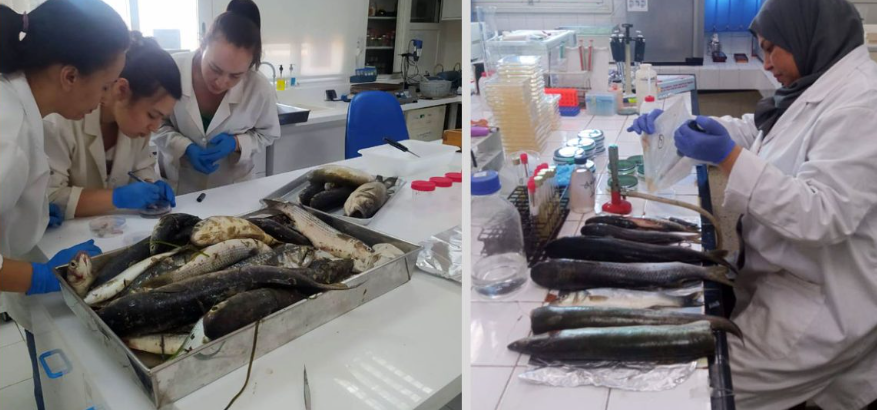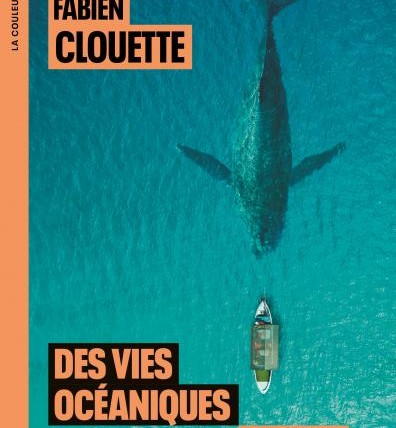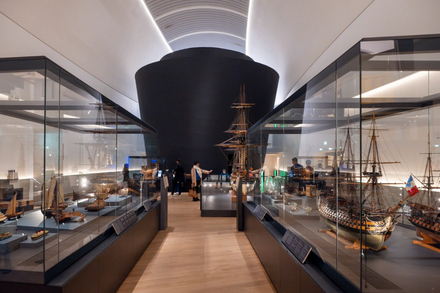The recent fish die-off along the coast between Khnis and Teboulba, in the governorate of Monastir, was caused by an abnormal bloom of microalgae — a phenomenon known as a « red tide. » No toxins have been detected, but a fishing ban remains in effect.
This announcement was made by the Ministry of Agriculture, Water Resources, and Fisheries on Facebook.
According to preliminary results from analyses of the water and marine life, the mortality — particularly of red mullet, white sea bream, and grey mullet — was due to a drastic reduction in oxygen levels. This oxygen depletion was triggered by the decomposition of dinoflagellate and chlorophyte algae, a process accelerated by water temperatures above 30°C and high nutrient concentrations.
Although no toxins were found, the Ministry has decided to uphold the temporary ban on fishing, harvesting, and selling fish from the affected area as a precautionary measure, pending the final results of laboratory tests.
A toll-free hotline has been set up for reports, and joint inspections are underway involving coast guards and health inspectors at the ports of Monastir, Sayada, and Teboulba.
Fish markets and restaurants in the area are also under increased surveillance by the National Agency for Sanitary and Environmental Control of Products (ANCSEP).
Authorities are urging the public not to consume beached fish or any fish of unknown origin.
At the same time, the National Agency for Environmental Protection (ANPE) and the National Sanitation Office (ONAS) are monitoring water quality and assessing measures to improve water renewal in urban canals that flow into the gulf — an area known for recurrent eutrophication.
Local fishers report major economic losses and are calling for immediate aid. Regional authorities are currently considering temporary compensation measures, while the Tunisian National Tourist Office (ONTT) assures the public that beaches outside the affected zone remain safe.
More detailed information will be shared once the full results of the biological and environmental analyses are available.




